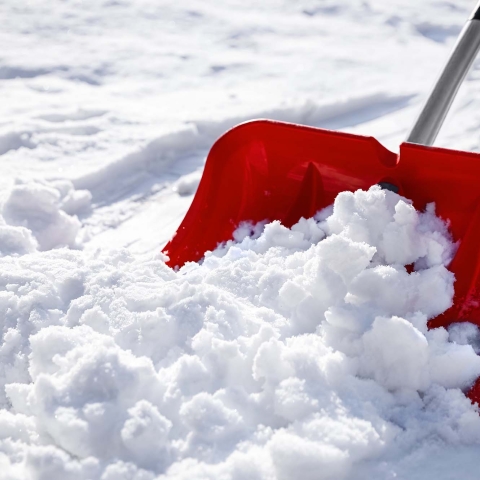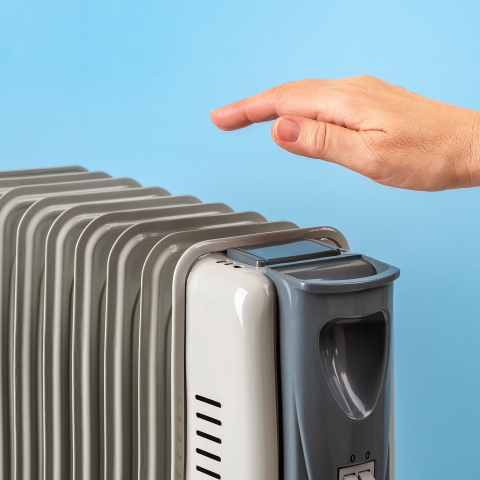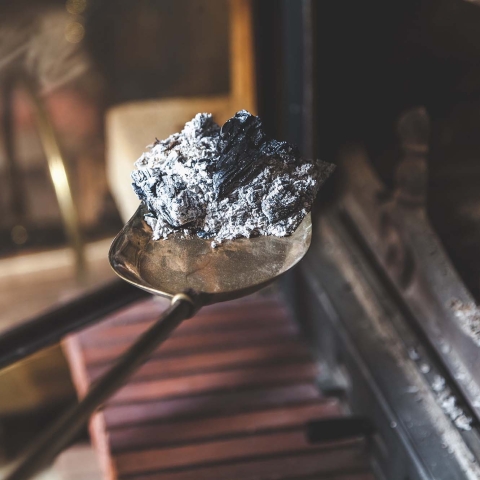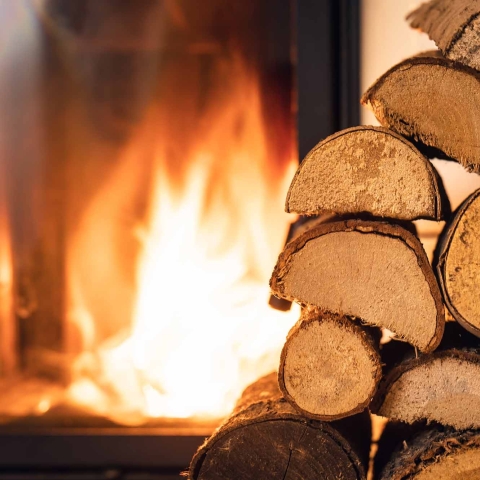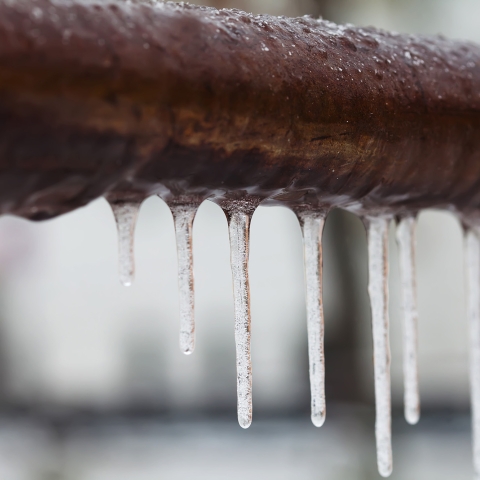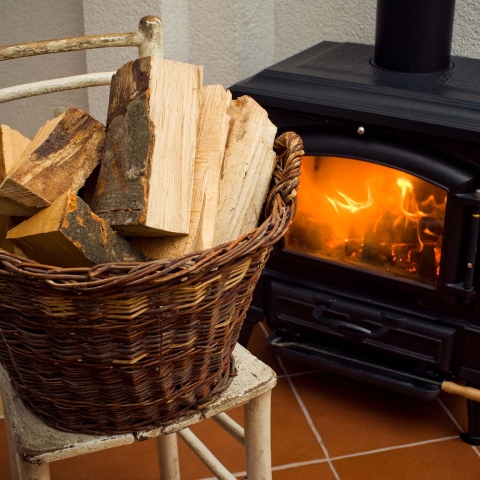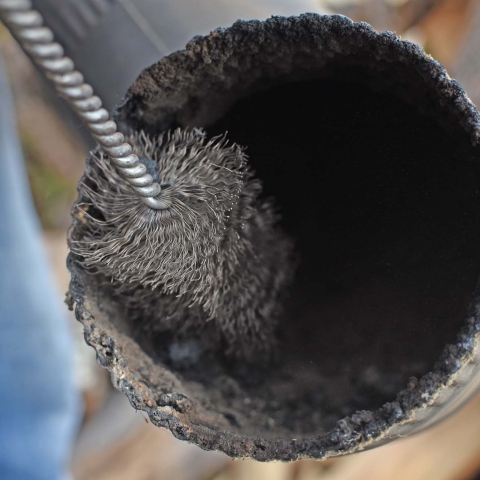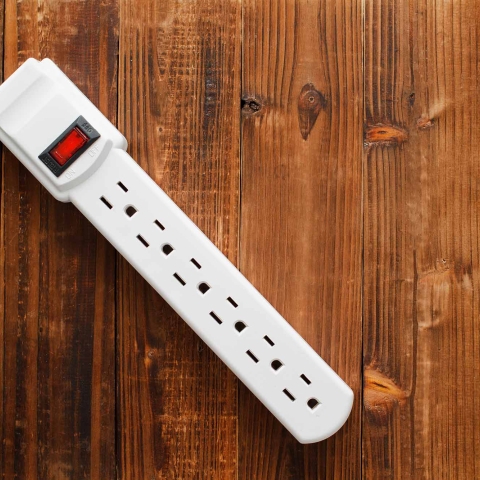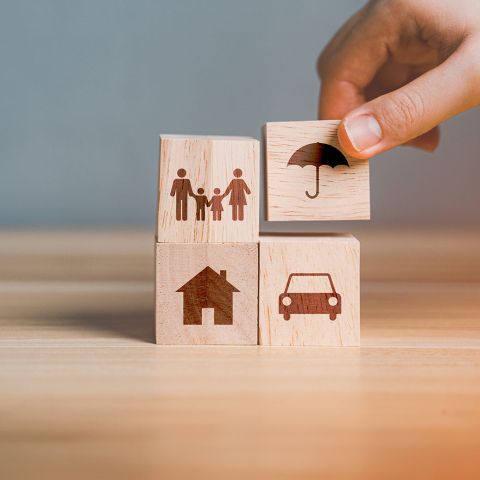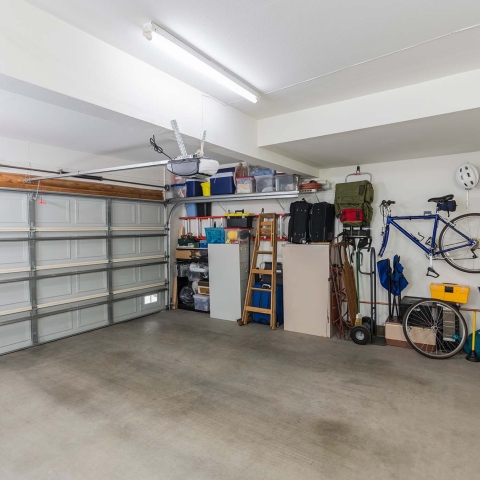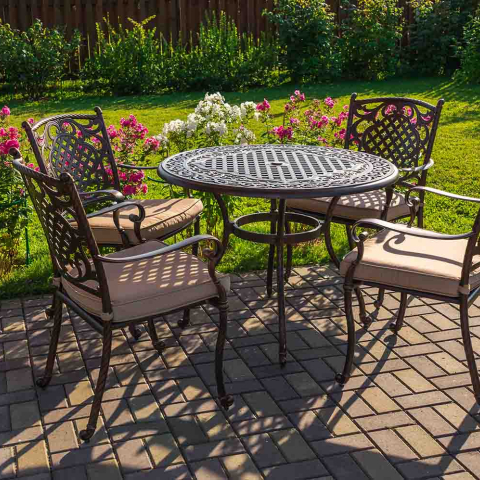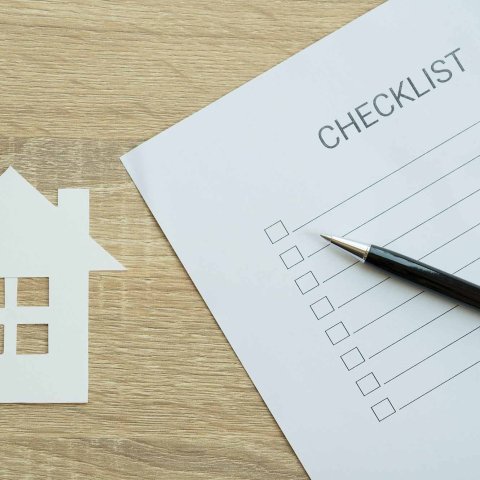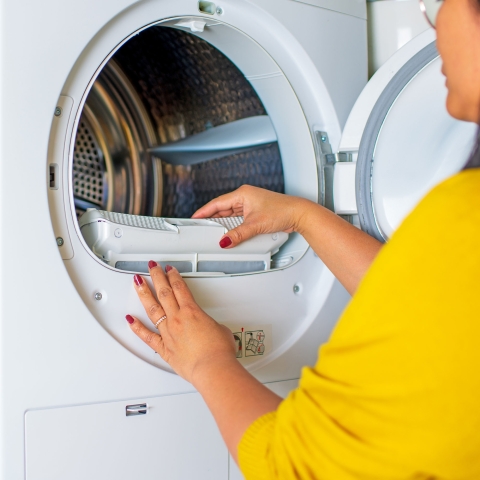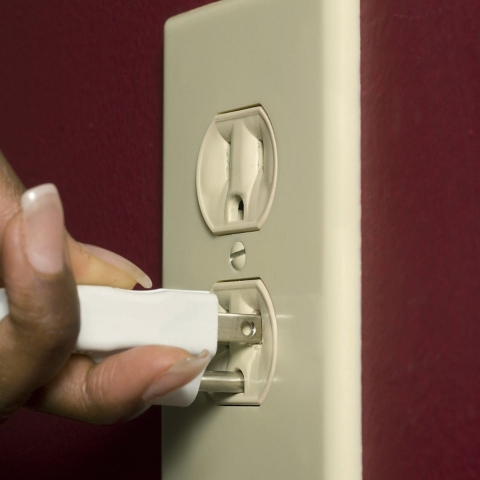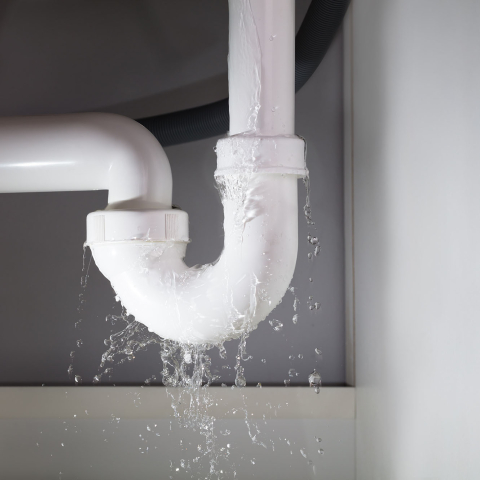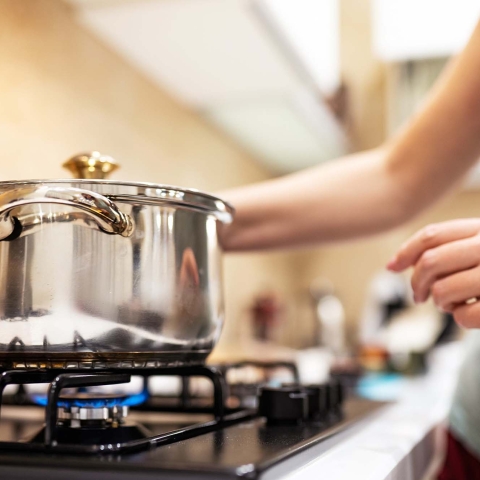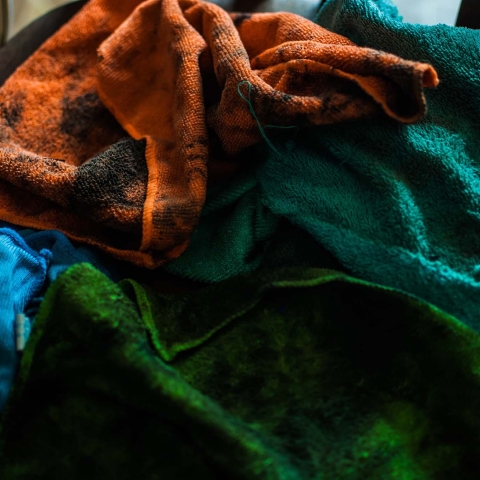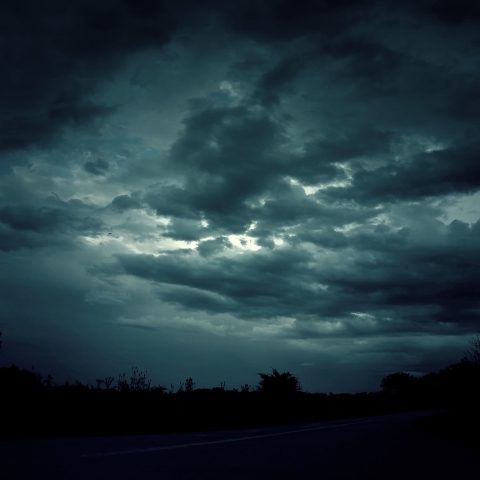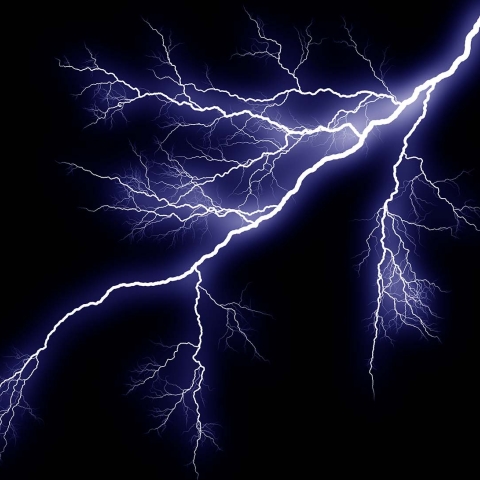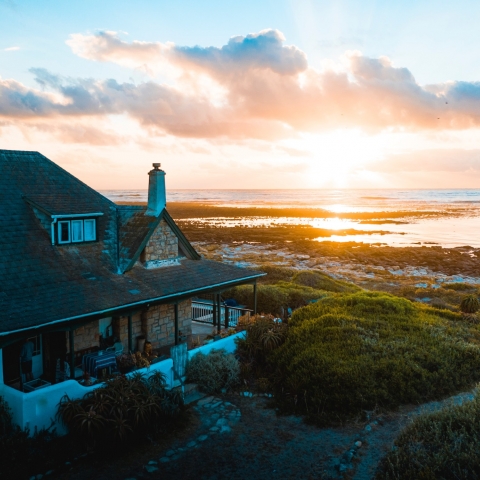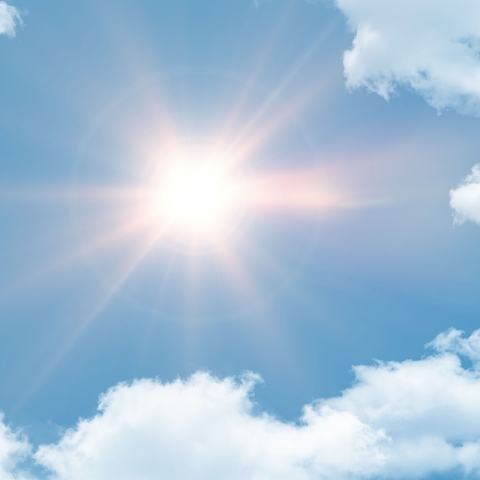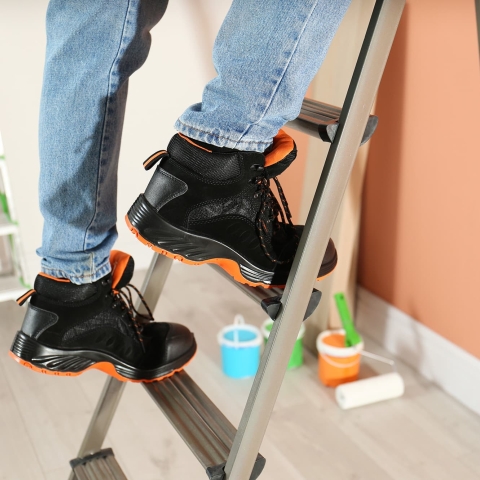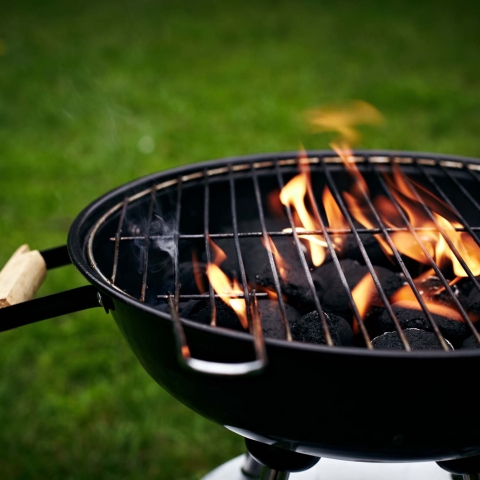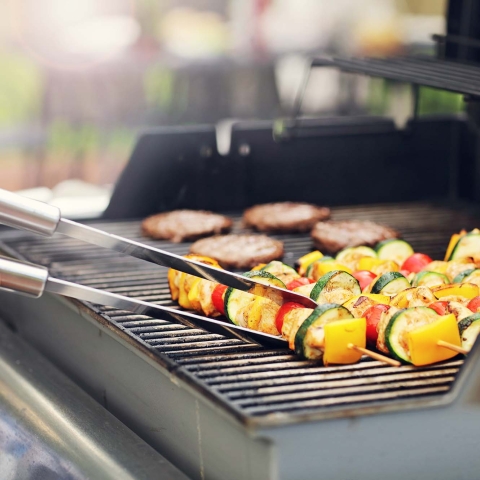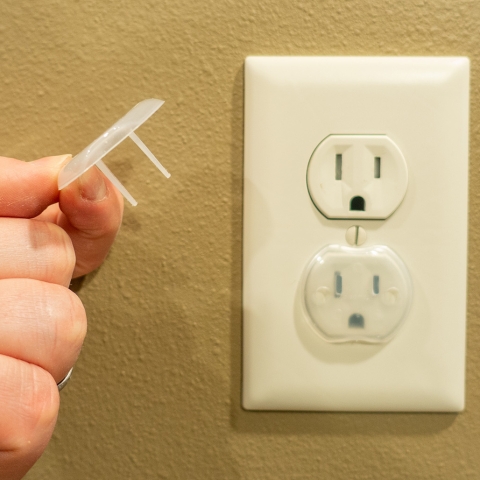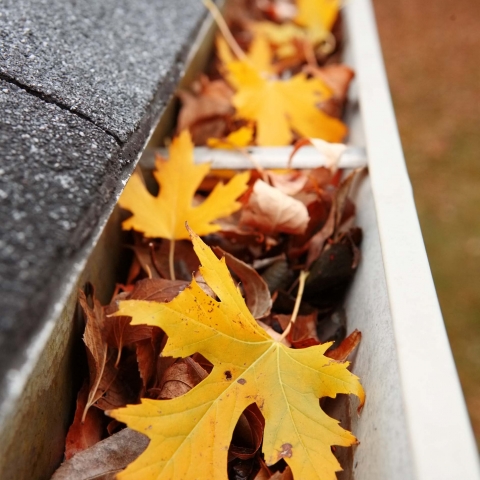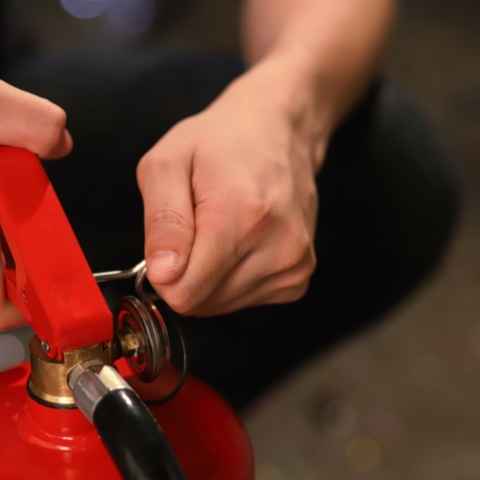8 Plumbing Tips Every Homeowner Should Know
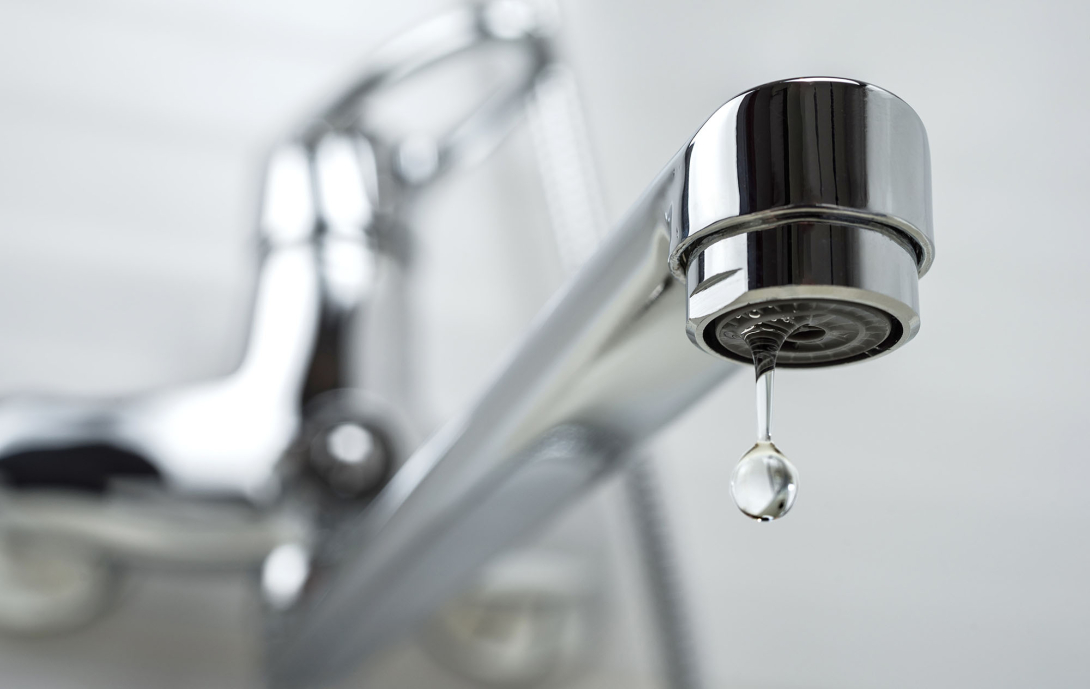
Make it a habit to schedule regular plumbing check-ups
Keeping your plumbing in great shape is the secret to dodging water damage and costly repair bills. Here are eight tips to help you stay on top of things:
Schedule regular check-ups
Make it a habit to schedule regular plumbing check-ups. Keep an eye out for water stains, damp spots, or any mold around your pipes, faucets, and appliances. Catching these issues early can save you a lot of trouble later.
Fix leaks quickly
Even the tiniest leak can turn into a big headache if left unchecked. Take care of those dripping faucets, small pipe leaks, or slow drips under the sink right away to save water and prevent damage.
Take care of your water heater
Your water heater is a big piece of your plumbing system. Look it over regularly for leaks, rust, or mineral buildup. Flushing it out once a year can help it last longer and work better.
Winter-proof your pipes
Cold weather can be tough on pipes, causing them to burst and create a mess. Wrap up exposed pipes, especially in unheated spots like the basement, attic, or garage. Before winter hits, disconnect outdoor hoses and cover outdoor faucets with insulation.
Don’t set your thermostat too low
When traveling during cold weather, avoid setting your thermostat too low as it can cause freezing in remote areas such as exterior walls, attics, and basements. If you’ll be away for an extended time, shut off and drain your water lines.
Be mindful with drains
Be careful with what goes down your kitchen sink to avoid clogs—no grease, coffee grounds, or eggshells. In the bathroom, use hair catchers to keep hair and soap from clogging up the pipes.
Locate Your Main Water Shut-off Valve
Make sure you know where your main water shut-off valve is for emergencies. Being able to quickly turn off the water can prevent a lot of damage if a big leak or burst pipe happens.
Install Water Detection Devices
Place water sensors in key areas like basements, near plumbing, and around appliances to detect leaks early and prevent extensive damage.
By following these tips, you can help keep your plumbing system healthy and save on water bills and repair costs.
The information presented in this document is for informational and educational purposes only. It is intended to assist individuals, farmers, and business owners in identifying common hazards/risks and considering proactive loss prevention or loss mitigation actions. For information related to specific loss hazards or questions regarding specific policy coverage, please contact your insurance agent.

